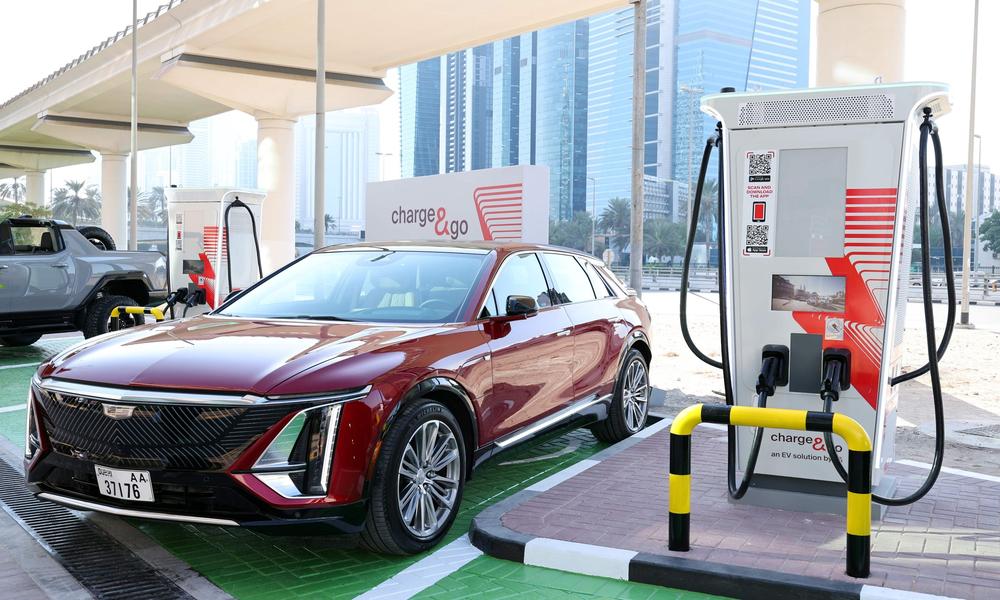The UAE’s electric vehicle (EV) market is on the brink of a transformative year in 2025, driven by progressive government initiatives, rising consumer demand, and rapid advancements in infrastructure.
With the nation’s Net Zero by 2050 Strategic Initiative in full swing, the EV market is forecast to grow at a compound annual growth rate (CAGR) of 32.1% between 2023 and 2028, writes Chintan Sareen, CEO & Founder of PlusX. By 2030, EVs are expected to comprise 20% of vehicles on UAE roads.
Here are the top five trends shaping the EV ecosystem in 2025.
1. Transformative Business Models for EV Charging
The UAE is witnessing innovative business models that redefine convenience and accessibility in EV charging. Subscription-based charging services, on-demand mobile charging units, and valet charging are gaining traction, particularly among urban residents without access to fixed home chargers and businesses managing large EV fleets. Portable “charge as a service” solutions are emerging as practical alternatives for apartment dwellers facing limitations in building electricity capacities.
2. Expanding Charging Infrastructure and Regulation
Charging infrastructure in the UAE is undergoing rapid growth, supported by government policies and private investments. Entities like DEWA are playing a pivotal role by standardising pricing structures—AED 0.7 per kWh for AC charging and AED 1.2 per kWh for DC charging—and ensuring grid capacity and reliability. Efforts to create a seamless and integrated charging network include standardisation across payment systems and interoperability between providers, enhancing the user experience and bolstering the nation’s EV readiness.
3. Battery Innovation for Sustainability and Efficiency
Advances in battery technology are set to redefine EV performance and sustainability in 2025. Solid-state batteries, offering higher energy density, faster charging, and improved safety, are expected to extend EV range by up to 50%. Ethical concerns over mining are being addressed with cobalt-free batteries, which lower production costs while enhancing sustainability. Optimised lithium-ion batteries remain a cornerstone of EV technology, bridging performance and cost-effectiveness.
4. Growth in Battery Recycling and Circular Economy Practices
As EV adoption increases, sustainable battery recycling is becoming a key focus. By recovering critical materials from spent batteries, recycling reduces resource dependency and environmental impact. By 2025, it is estimated that 25% of materials for new EV batteries will be sourced through recycling, cementing this practice as central to the industry’s sustainability goals.
5. Integrating EVs with Renewable Energy and Smart Grids
The integration of EVs with renewable energy and smart grid technologies is unlocking new possibilities. Innovations like vehicle-to-grid (V2G) technology are enabling EVs to function as mobile energy storage units, stabilising power grids and generating value for owners. Solar- and wind-powered charging stations are becoming more common, aligning with the UAE’s clean energy goals and potentially reducing CO₂ emissions from EV charging by 40%.
Looking Ahead
These trends reflect the UAE’s forward-thinking approach to electrification and sustainability. Companies like PlusX Electric are leading the way with innovations like Portable Charging Pods and Valet Charging Services, aimed at meeting modern lifestyle needs. As EV adoption accelerates, the opportunities for growth, efficiency, and environmental impact reduction are immense. The future of transportation is electric, promising a cleaner, smarter, and more connected journey for all.



